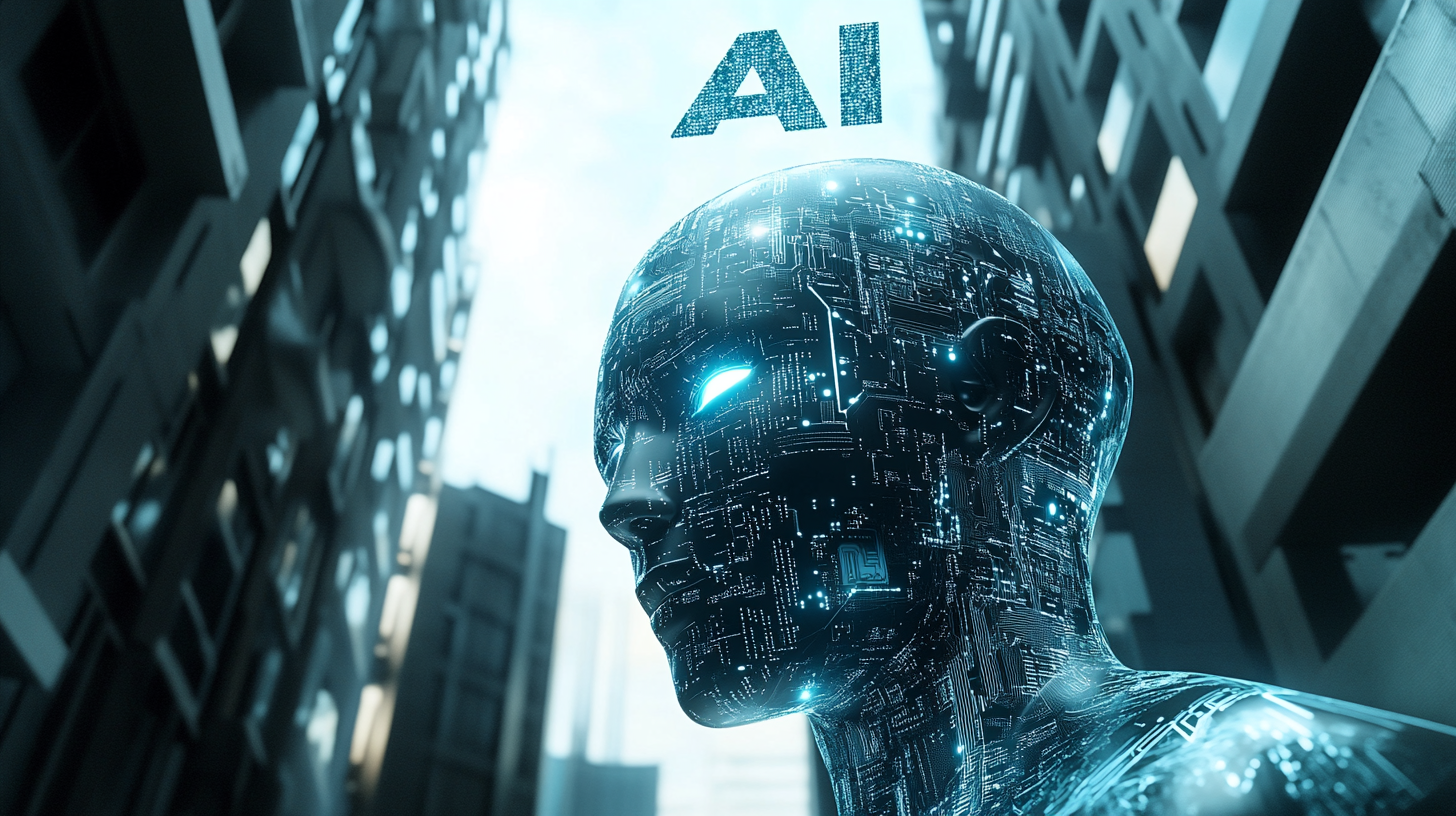As we navigate the rapidly evolving landscape of Artificial Intelligence (AI) in 2024, the European Union’s AI Act stands poised to significantly impact Human Resources (HR) practices across industries. This comprehensive legislation, set to take effect in 2025, introduces crucial safeguards and limitations on AI usage, particularly in sensitive areas like HR.
Understanding the EU AI Act
Key Points:
- Proposed in 2021, finalized in December 2023
- Introduces rules governing AI systems
- Implements safeguards on usage and adoption limitations
- Establishes complaint mechanisms and potential fines for violations
- Effective date: 2025
Global Regulatory Landscape
United States Initiatives:
- National AI Initiative Act (2021)
- Coordinates AI research and development across Federal agencies
- Ensures ethical and trustworthy AI development in public and private sectors
- Executive Order on AI (2023)
- Focuses on safe, secure, and trustworthy AI development
- Tasks federal agencies with risk management and benefit promotion
- Calls for new standards and a Federal Privacy Bill
- NIST AI Risk Management Framework
- Introduces four core pillars: Map, Govern, Manage, and Measure
- Aims to create guardrails for safe AI innovation
EU and US Alignment:
Both regions emphasize:
- Transparency in AI scope and aims
- Individual privacy rights
- Explainability of AI algorithms
- Bias prevention in training data and outcomes
- Information security
- Ongoing monitoring and controls
Impact on HR Practices
1. Recruitment and Screening
- AI-powered CV vetting and candidate screening (try JobXRecruiter for free)
- Requirements:
- Transparency in tooling and machine learning rules
- Fair and explainable processes
- Human oversight for dataset review and outcome monitoring
2. Employee Performance Monitoring
- Potential privacy concerns with AI-driven monitoring
- Necessary actions:
- Update HR policies for ethical AI use
- Implement opt-in/opt-out mechanisms
- Ensure transparency in measurement processes
3. Training and Development
- AI applications in employee training programs
- Key considerations:
- Transparent and fair model application
- Clear processes for raising concerns
- Regular model accuracy reviews
4. Promotion and Termination Decisions
- AI influence on career-critical decisions
- Essential elements:
- Ethical decision-making processes
- Explainable AI outcomes
- Human accountability for final decisions
Adapting HR Policies and Procedures
Policy Updates:
- Transparency guidelines for AI tool usage
- Data privacy protection measures
- Ethical AI application protocols
- Complaint and inquiry handling procedures
Training and Skill Development:
- Enhanced data literacy programs for HR professionals
- Regular AI model training sessions
- Critical thinking skill development
- Data stewardship and ownership education
Role Evolution in HR:
- Shift towards data-focused responsibilities
- Emphasis on data ownership and stewardship
- Increased need for AI ethics and regulatory knowledge
Preparing for the Future
Key Focus Areas:
- Data Estate Management:
- Improve data quality and completeness
- Implement robust data governance
- Enhance organizational data literacy
- Continuous Learning:
- Stay updated on evolving AI technologies
- Monitor regulatory landscape changes
- Adapt policies to new AI applications
- Ethical AI Integration:
- Ensure fair and unbiased AI model training
- Maintain human oversight in critical decisions
- Regularly audit AI systems for compliance
As we approach the implementation of the EU AI Act, HR departments must proactively adapt their policies, procedures, and skill sets. By focusing on transparency, ethics, and data literacy, organizations can harness the power of AI while maintaining compliance and fostering trust among employees. The future of HR lies in striking the right balance between technological innovation and human-centric practices.

